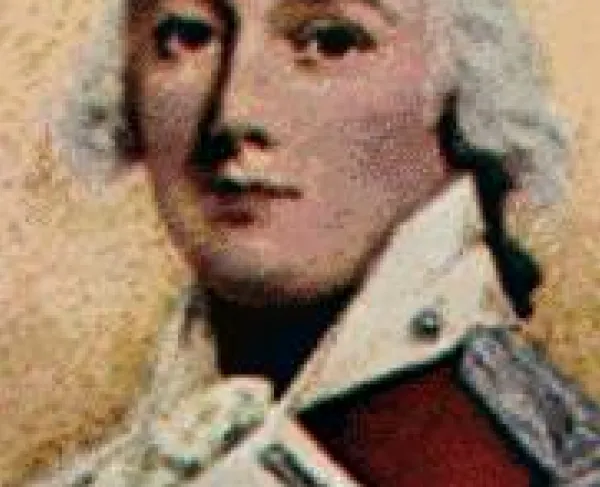John Pitcairn

John Pitcairn was born in Scotland in 1722 to the Reverend David Pitcairn and his wife Katherine. The young Pitcairn grew up among a distinguished family. His father served as a chaplain in the War of Spanish Succession and his older brother William Pitcairn later became president of the Royal College of Physicians. But unlike his kin, John Pitcairn found his calling in the military. Growing up at the doorstep of the sea, he entered the 7th Marines at the age of twenty-three and rose to the rank of lieutenant the following year. Pitcairn served in that rank at the outset of the French and Indian War in 1754 aboard the HMS Lancaster.
As tensions boiled between the North American colonies and Great Britain, Pitcairn found himself at the eye of the storm. By 1774, he was promoted to major and took command of 600 marines assigned to the British garrison in Boston, Massachusetts—chief among the resistant colonies. The citizens of Boston grew to admire Pitcairn from the time he arrived in their city. They regarded him as one of the more tempered British officers sent to resolve the conflict.
On April 19, 1775, the relationship between the British and American colonists changed forever. Pitcairn led the advance guard the British column en route to Lexington and Concord that morning. He and his men arrived in Lexington at sunrise while Massachusetts militiamen led by Captain John Parker emerged on the town common to confront the British troops. Both Pitcairn and Parker issued orders to their men not to fire, but a shot rang out from one of the soldiers. Chaos soon ensued as both sides fired volleys in return and enveloped Lexington Green in smoke. While the Pitcairn and his men pursued the Americans to Concord, more militia arrived to force the British back to Boston.
During the retreat, Parker and his minutemen renewed their assault on the British column in an engagement which became known as Parker’s Revenge. As the militia unleashed a murderous volley on the British ranks, Pitcairn rode to rally his men. He led them in a charge on Parker’s line. Pitcairn’s horse was shot out from under him, and he lost his pistols to a rebel captor in the fray. But, his actions allowed the British enough time to withdraw to Boston.
Two months later the British attempted to break out of Boston at the Battle of Bunker Hill. Major Pitcairn commanded the British reserve force; his son Thomas served under his command as a junior officer. On June 17, 1775, the marines landed at the south end of Charlestown to feint an attack on the American position. After the first assaults failed, Pitcairn led his men forward up the hill in a bayonet charge. The attack succeeded, and the marines drove the Americans from their redoubt. Pitcairn, already wounded twice, personally led the marines over the defenses.
As the major descended the rebel works, four bullets struck him—the last of which allegedly fired by former slave and militiaman Peter Salem. Pitcairn fell into the arms of his son Thomas who exclaimed, “I have lost my father!” British troops carried Pitcairn back to Boston where he died several hours later. They laid him to rest at the Old North Church in Boston, while the soldiers under his command proclaimed they all “lost a father" in their major.
Related Battles
93
300
450
1,054





